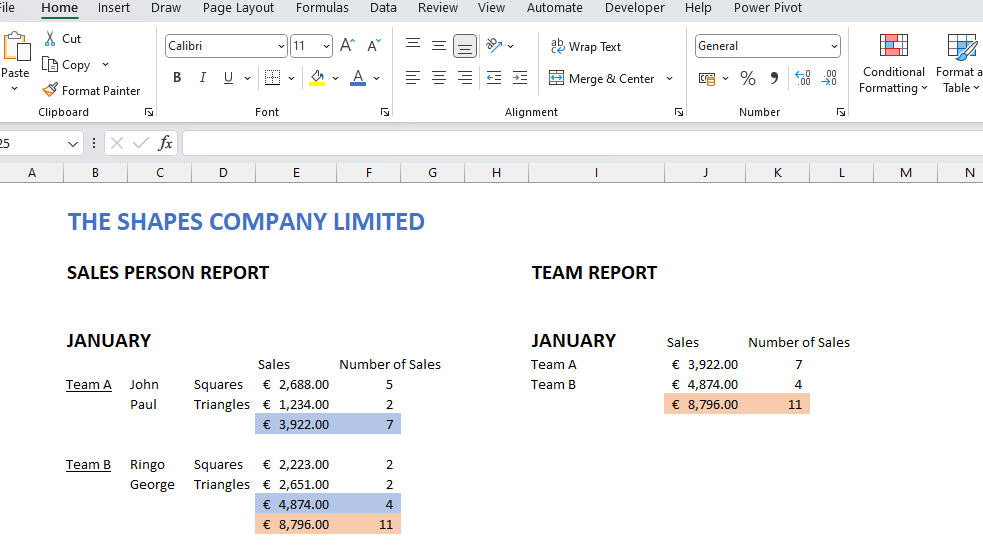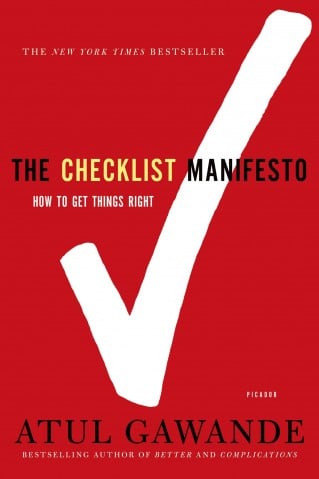2 minute read: I sit on lots of panels where we interview for finance manager roles. A job listing...
Finance Manager Interview: My 41 Point Pre-Interview Checklist
Here is my recommended checklist to help you prepare for your first round interview for a finance manager or financial controller job. You can also check out my associated blog post 5 Tips to Ace your Finance Manager Interview

If you want a printable version, you can download it from this link. Don’t be overly concerned if you can't answer all of the questions below, if not, you can always use them as a guide to ask questions about the business during the interview itself. Remember to show your enthusiasm for the job with a positive attitude throughout.
This checklist assumes that you have already have a first round interview. For more insights on the necessary steps to take before securing an interview, you can read my article and checklist: ‘What should I do before I apply for a role as a first-time finance manager or financial controller’
15 days before the interview
Company Ownership & Management Structure
- I’ve researched the legal structure of the company including related companies and their locations.
- I’ve researched whether the Company is mainly owned by private individuals, family, part of structured funds or other.
- I know if there is debt and what that potential funding was needed for.
- I’ve researched the management structure and who the likely decision makers in the business are.
- I know a basic company history, where the company has come from and where it might be going.
- I’ve researched the website and social media to find out about their mission, vision and company values.
Product & Market Fit
- I know what the main products and/or services that the company sells.
- I know the type of customers that the company sells to (i.e. individuals or corporate entities) and where those customers are located.
- I have a sense as to what the main revenue lines in the business are.
- I have a sense as to what a typical customer journey might look like and so how the company makes money. I've shadowed the customer journey if possible by trialling the product, demo or sample.
- I’ve done some research on industry financials and have a sense of revenue growth in the industry along with benchmarks and typical margins for these types of companies
Industry
- I’ve completed some online research on the industry for trends such as changes in technology, mergers, and alternative product offerings.
- I’ve listed the main competitors and how their offerings differ to this business.
- I’ve looked to see if there are any upcoming legal regulations or laws which may affect the business in a positive or negative way.
- I checked out industry / trade websites and looked at the type of language used in the industry as well as any hot topics.
- I have a healthy list of positives notes as well as a few company challenges if necessary.
10 days before the interview
Company Financials
- I’ve reviewed the financial statements of the company.
- I’ve made notes on the profit and loss and have a sense if the company is making money.
- I know the key income and expense elements that make up their profit & loss account or income statement.
- I have a sense of the cost of sales, and customer acquisition costs associated with delivering the product.
- I have a sense of the company balance sheet and how healthy it is, the cash position and potential funding requirements that may be needed.
- I’ve found any industry or company specific accounting policy's etc and reviewed my own knowledge of them.
Interviewers
- I have found out who the people are that are interviewing me.
- I know their role in the business (or helping the business if their not an employee) and the area that they work in.
- I have reviewed their LinkedIn profiles and their bio’s on the company website.
5 Days before Interview
Re-read the job description
- I’ve prioritized the top three requirements on the job listing and have a list of examples to prove how I can complete these requirements. I’ve structured my responses using the STAR method (Situation, Task, Action, Result) to provide a clear and concise explanation of my achievements.
- I understand from the job spec who I will be reporting to and who will be reporting to me.
- I have mapped out my earlier work experience, to the structure of the job role so that when I talk about myself I can relate it more closely to their requirements.
- Where I don’t have specific work experience, I’ve mapped out academic, project work or similar experiences to prove I am capable of that skillset.
- I’ve written up some example questions I think they could ask including common questions for the role and then practiced my responses.
- I have a bullet list of my strengths and weaknesses (and how I work on them)
- I have listed out my specific knowledge of new systems and technology to demonstrate these skills.
3 days before the interview
Mock Interviews
- I’ve organized and had a few ‘mock’ interviews with friendly colleagues to practice my interview technique
1 day before the interview
Get ready for tomorrow!
- I have reconfirmed the time & location of the interview.
- If in person, I’ve planned my route to ensure that I am at least 30 minutes early for the interview.
- If online, I’ve ensured it's a quite space that won't be interrupted, that I have checked that the microphone and screen work, and what's in the background shot when I'm online. I have a backup device in case there is issues with my main technology.
- I have selected what I want to wear and checked that it's the right outfit for the business culture.
Day of interview
- I have my notes and any other preparation with me before I go (or laid out in front of me if online).
Good luck!
And remember, if you don't land the job, always seek feedback from the interviewers on areas for improvement.




